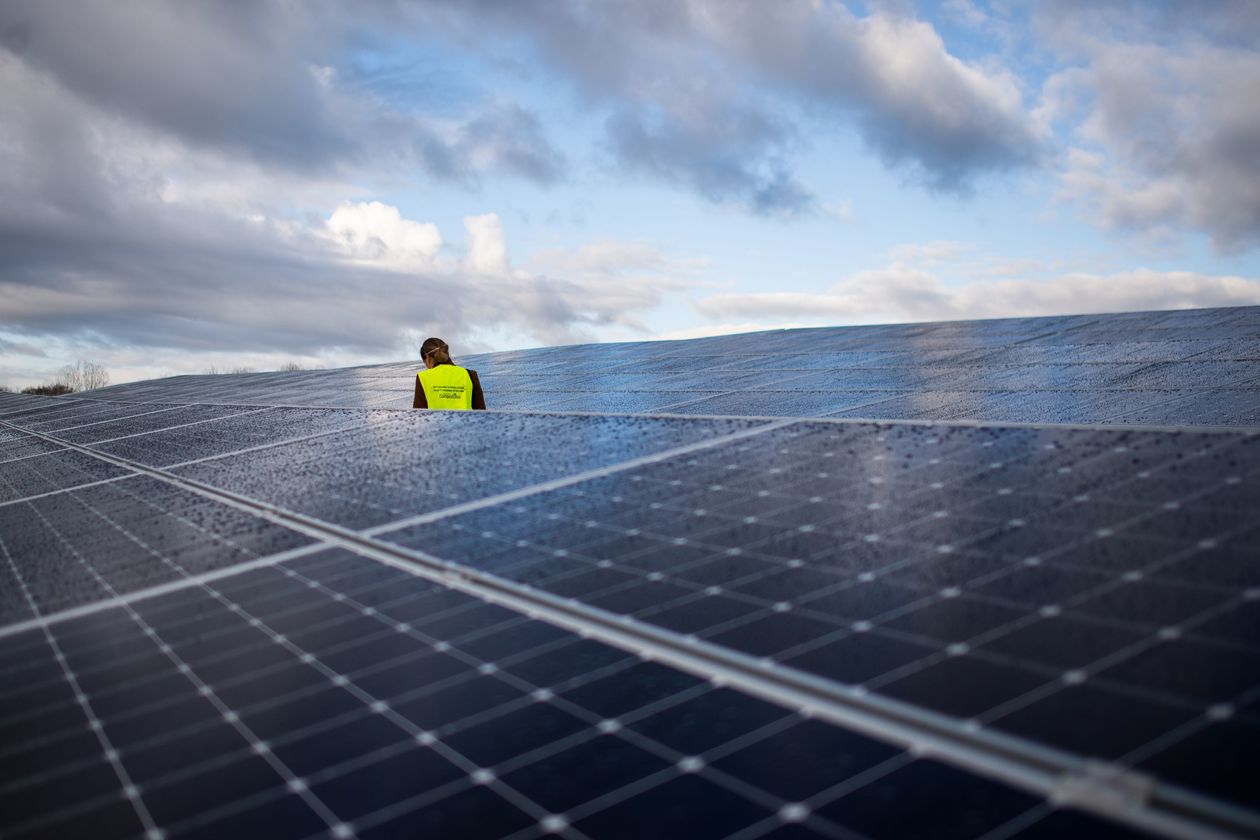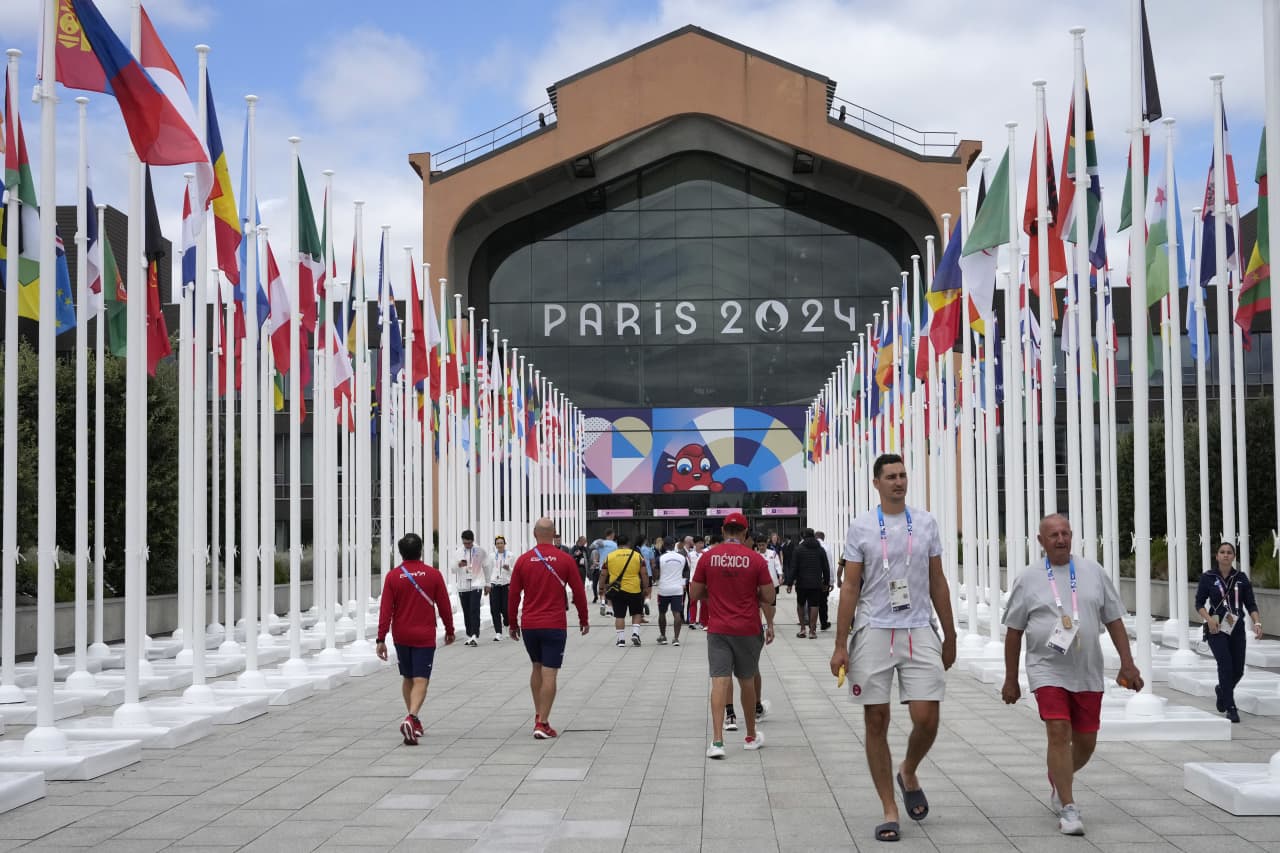Impact investors aim to achieve specific, positive social or environmental goals such as creating more affordable housing, or reducing reliance on fossil fuels, but they do so to earn market returns too, while weighing other standard investment considerations such as risk and liquidity.
That’s a key finding of “Impact Investing Decision-Making: Insights on Financial Performance,” a report published last week by the Global Impact Investing Network (GIIN) that assesses investor attitudes toward financial performance based on outstanding studies by outside firms and an analysis of financial performance that was gleaned from its annual survey of impact investors.
“What’s important here, and what we’re delighted about, is that financial performance is an important consideration for impact investors, but they are really looking at it taking into account a number of considerations,” says Dean Hand, director of research at the GIIN.
To weigh impact alongside performance is not unusual in the sense that traditional market investors also weigh a number of things. Risk and return, for instance, are factors commonly taken into consideration in balance with one another.
To invest in an emerging market company might lead to higher returns than a similar investment in a U.S. firm, but it’s riskier, bearing a higher potential of falling apart, so investors have to decide how much risk they are willing to stomach to get the returns they want.
The GIIN’s survey results have shown that impact investors generally get the balance they are seeking—nearly 88% in the most recent survey say that their portfolios meet or exceed their expectations for returns.
But when investors care about creating a positive social or environmental impact, they also weigh traditional investment considerations, such as liquidity—do they need their investment cash back soon or can they wait? If the latter, an investor may be more willing to invest in a private equity fund with a longer time horizon, and a different set of impact outcomes than might be available via a green bond, for instance.
If they are a more conservative investor, too, not willing to shoulder a lot of risk—a highly rated green bond may be just the thing.
The Importance of Manager Selection
The GIIN’s report looked at how impact investments in private markets have performed, culling data from available research by groups such as Cambridge Associates and Symbiotics as well as its own investor survey.
Private-equity impact investments, for instance, can deliver high returns, outperforming the S&P 500 index by 15%, according to a study by the International Finance Corp., although a University of California study found the median impact fund had an internal rate of return (IRR) of 6.4% compared with 7.4% for the median “impact-agnostic” fund.
And results can vary widely. The GIIN’s survey data showed that the top 10% of private-equity portfolios in emerging markets had realized returns of more than 29% while the bottom 10% had returns below 6%.
As a result, the GIIN finds that fund manager selection matters, not just in terms of quality, Hand says, but in helping the investor understand “whether or not they are achieving what they want both in terms of financial performance and impact performance.”
Investors also have to ask the right questions, Hand says. For example, it’s important to ask questions like: What specific impact results a manager is getting? How are those results measured? How do you convey this information to investors?
Where these have been successful, particularly in impact investing, is where the AO and AM work together to derive what results they are looking for, what their objectives are, and how they are going to report on those results.
“Good asset-owner and asset-manager relationships are built on a close working relationship,” Hand says. “Where these have been successful, particularly in impact investing, is where the asset owner and asset manager work together to derive what results they are looking for, what their objectives are, and how they are going to report on those results.”
Performance in Private Debt, Real Assets
According to the report, private debt funds focused on impact have tended to provide low-risk returns, as most investors expect, while delivering stability as well as diversification to impact portfolios.
The GIIN survey data showed average returns for impact debt funds ranged from 8% for developed market funds to 11% for emerging market funds, while Symbiotics data found a weighted average yield of 7.6% for fixed-income impact funds, the report said.
Investing in real assets, such as real estate and timberland, can lead to good returns, but the results vary widely depending on the time horizon as well as the type of investment, the report found. Investors surveyed by the GIIN reported returns ranging from 8% to 23%—again, pointing to the need for investors to select the right asset managers.
Case Studies
To give a sense of how experienced impact investors balance all these factors, the report offers examples from five experienced impact investors.
IDP Foundation, a private nonprofit focused on access to education and poverty alleviation, invests for impact from its endowment as well as through program-related investments. The foundation cares about achieving high impact but also competitive, market-rate financial returns.
The GIIN looked at five major factors the foundation weighs before deciding on an investment: financial return objectives, impact objectives, financial risk, impact risk, resource capacity, and liquidity constraints.
It turns out IDP considers its financial return and impact objectives to be “very important,” while financial risk—or the volatility of expected returns—and impact risk are “important.” The foundation’s resource capacity is less important, as it leans on a consulting firm as an advisor, and screen service to make sure it doesn’t invest in anything that violates its impact goals.
“What we hope by these spotlights is that it will give investors an idea of how those things are actually playing out so they can match that in their own decision making,” Hand says.
 Copyright 2020, Dow Jones & Company, Inc. All Rights Reserved Worldwide. LEARN MORE
Copyright 2020, Dow Jones & Company, Inc. All Rights Reserved Worldwide. LEARN MORE
What a quarter-million dollars gets you in the western capital.
Alexandre de Betak and his wife are focusing on their most personal project yet.
As Paris makes its final preparations for the Olympic games, its residents are busy with their own—packing their suitcases, confirming their reservations, and getting out of town.
Worried about the hordes of crowds and overall chaos the Olympics could bring, Parisians are fleeing the city in droves and inundating resort cities around the country. Hotels and holiday rentals in some of France’s most popular vacation destinations—from the French Riviera in the south to the beaches of Normandy in the north—say they are expecting massive crowds this year in advance of the Olympics. The games will run from July 26-Aug. 1.
“It’s already a major holiday season for us, and beyond that, we have the Olympics,” says Stéphane Personeni, general manager of the Lily of the Valley hotel in Saint Tropez. “People began booking early this year.”
Personeni’s hotel typically has no issues filling its rooms each summer—by May of each year, the luxury hotel typically finds itself completely booked out for the months of July and August. But this year, the 53-room hotel began filling up for summer reservations in February.
“We told our regular guests that everything—hotels, apartments, villas—are going to be hard to find this summer,” Personeni says. His neighbours around Saint Tropez say they’re similarly booked up.
As of March, the online marketplace Gens de Confiance (“Trusted People”), saw a 50% increase in reservations from Parisians seeking vacation rentals outside the capital during the Olympics.
Already, August is a popular vacation time for the French. With a minimum of five weeks of vacation mandated by law, many decide to take the entire month off, renting out villas in beachside destinations for longer periods.
But beyond the typical August travel, the Olympics are having a real impact, says Bertille Marchal, a spokesperson for Gens de Confiance.
“We’ve seen nearly three times more reservations for the dates of the Olympics than the following two weeks,” Marchal says. “The increase is definitely linked to the Olympic Games.”

Getty Images
According to the site, the most sought-out vacation destinations are Morbihan and Loire-Atlantique, a seaside region in the northwest; le Var, a coastal area within the southeast of France along the Côte d’Azur; and the island of Corsica in the Mediterranean.
Meanwhile, the Olympics haven’t necessarily been a boon to foreign tourism in the country. Many tourists who might have otherwise come to France are avoiding it this year in favour of other European capitals. In Paris, demand for stays at high-end hotels has collapsed, with bookings down 50% in July compared to last year, according to UMIH Prestige, which represents hotels charging at least €800 ($865) a night for rooms.
Earlier this year, high-end restaurants and concierges said the Olympics might even be an opportunity to score a hard-get-seat at the city’s fine dining.
In the Occitanie region in southwest France, the overall number of reservations this summer hasn’t changed much from last year, says Vincent Gare, president of the regional tourism committee there.
“But looking further at the numbers, we do see an increase in the clientele coming from the Paris region,” Gare told Le Figaro, noting that the increase in reservations has fallen directly on the dates of the Olympic games.
Michel Barré, a retiree living in Paris’s Le Marais neighbourhood, is one of those opting for the beach rather than the opening ceremony. In January, he booked a stay in Normandy for two weeks.
“Even though it’s a major European capital, Paris is still a small city—it’s a massive effort to host all of these events,” Barré says. “The Olympics are going to be a mess.”
More than anything, he just wants some calm after an event-filled summer in Paris, which just before the Olympics experienced the drama of a snap election called by Macron.
“It’s been a hectic summer here,” he says.

AFP via Getty Images
Parisians—Barré included—feel that the city, by over-catering to its tourists, is driving out many residents.
Parts of the Seine—usually one of the most popular summertime hangout spots —have been closed off for weeks as the city installs bleachers and Olympics signage. In certain neighbourhoods, residents will need to scan a QR code with police to access their own apartments. And from the Olympics to Sept. 8, Paris is nearly doubling the price of transit tickets from €2.15 to €4 per ride.
The city’s clear willingness to capitalise on its tourists has motivated some residents to do the same. In March, the number of active Airbnb listings in Paris reached an all-time high as hosts rushed to list their apartments. Listings grew 40% from the same time last year, according to the company.
With their regular clients taking off, Parisian restaurants and merchants are complaining that business is down.
“Are there any Parisians left in Paris?” Alaine Fontaine, president of the restaurant industry association, told the radio station Franceinfo on Sunday. “For the last three weeks, there haven’t been any here.”
Still, for all the talk of those leaving, there are plenty who have decided to stick around.
Jay Swanson, an American expat and YouTuber, can’t imagine leaving during the Olympics—he secured his tickets to see ping pong and volleyball last year. He’s also less concerned about the crowds and road closures than others, having just put together a series of videos explaining how to navigate Paris during the games.
“It’s been 100 years since the Games came to Paris; when else will we get a chance to host the world like this?” Swanson says. “So many Parisians are leaving and tourism is down, so not only will it be quiet but the only people left will be here for a party.”















